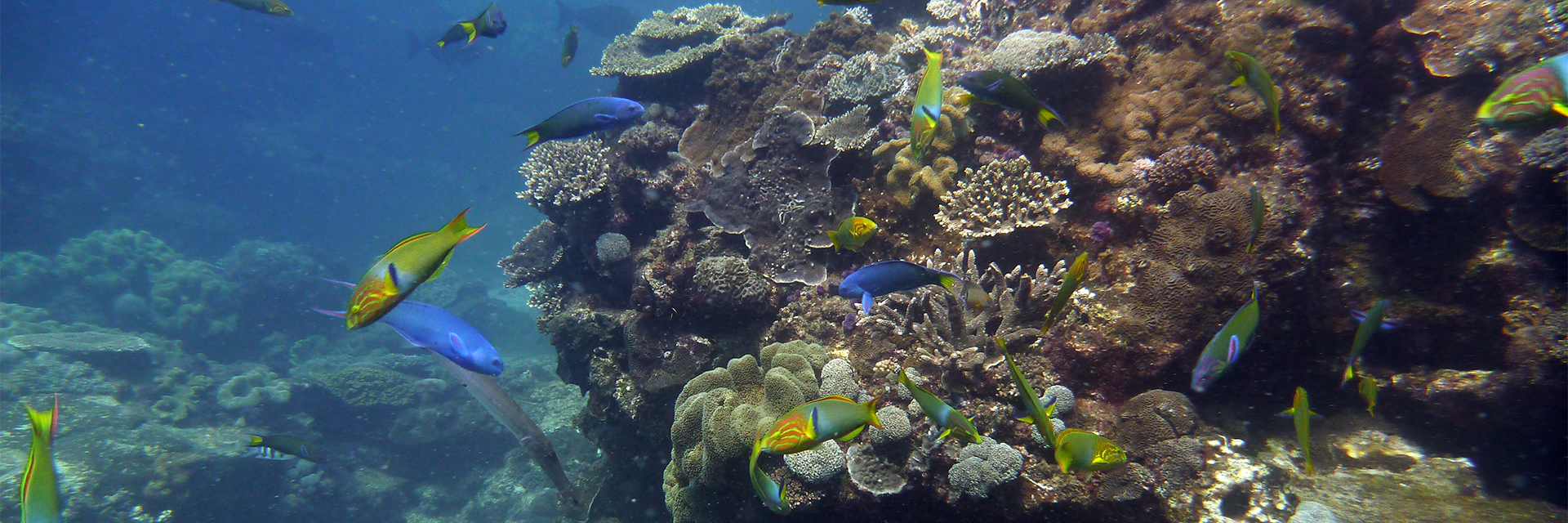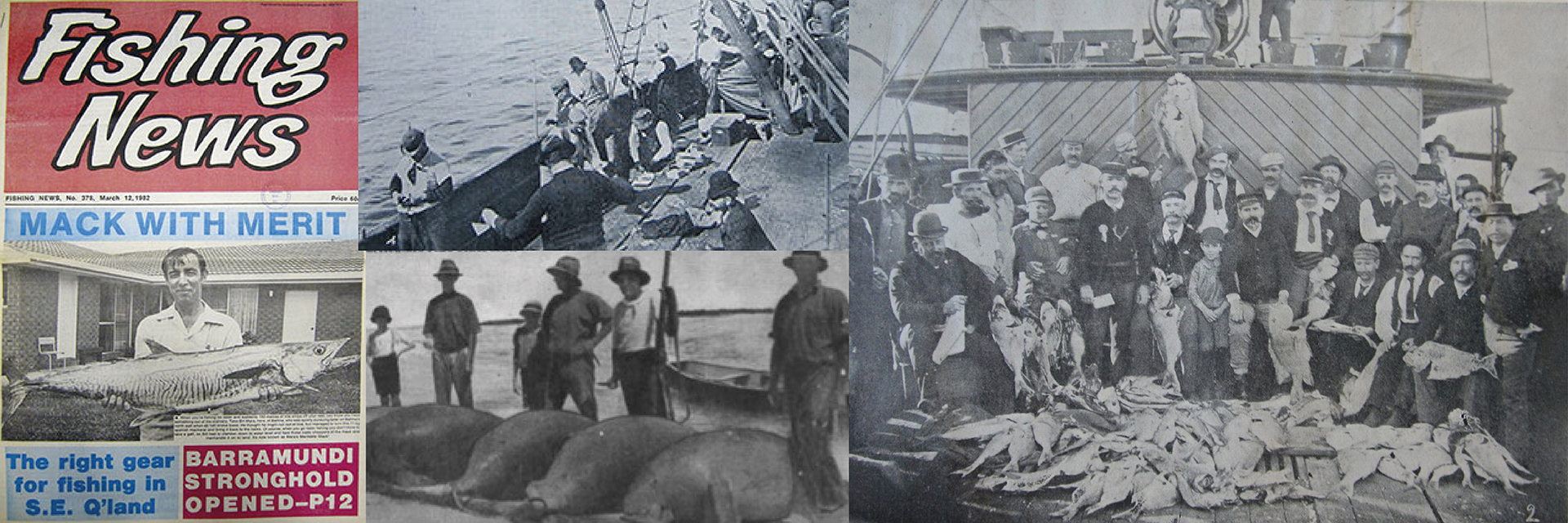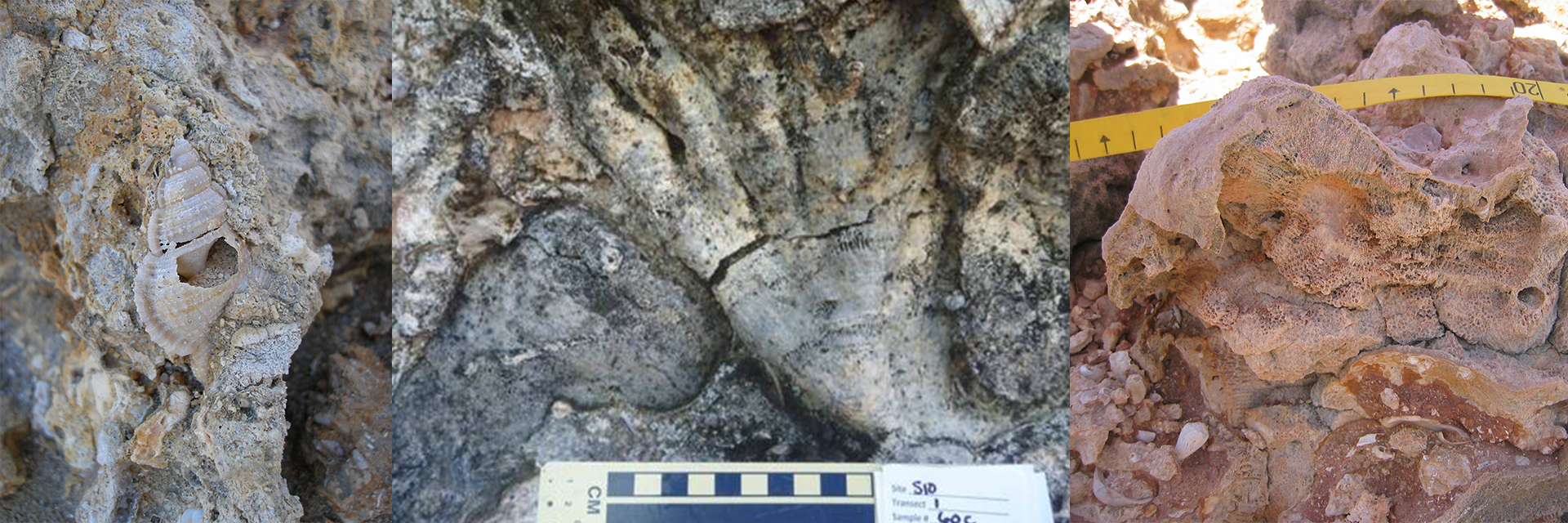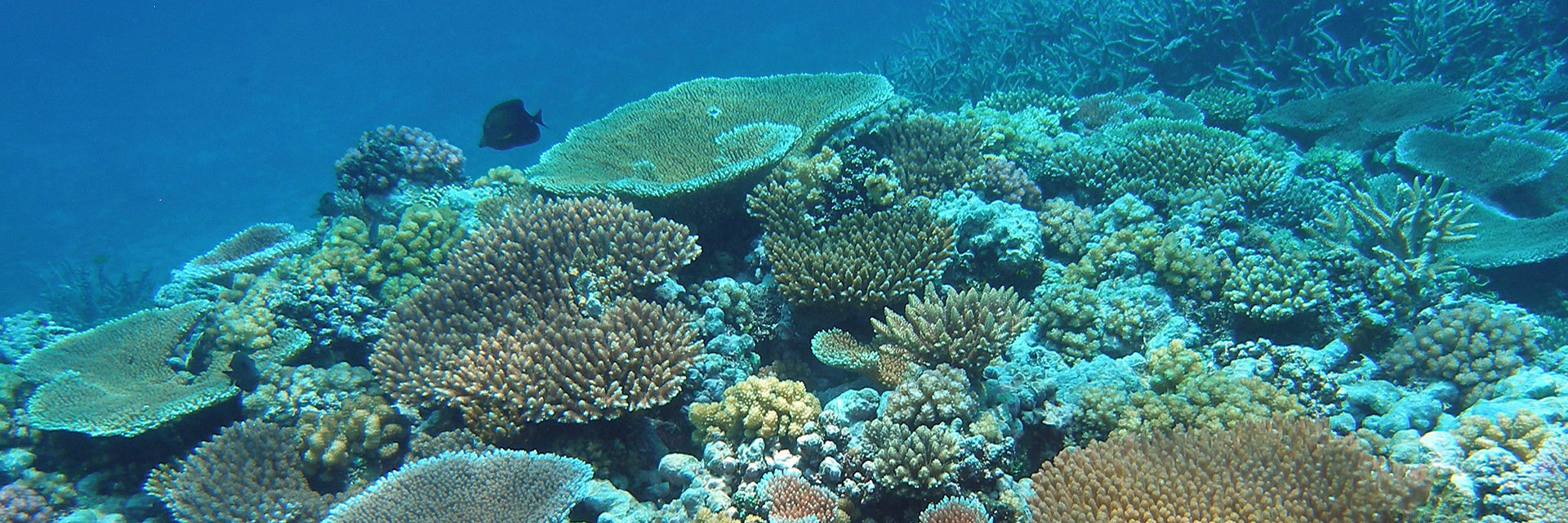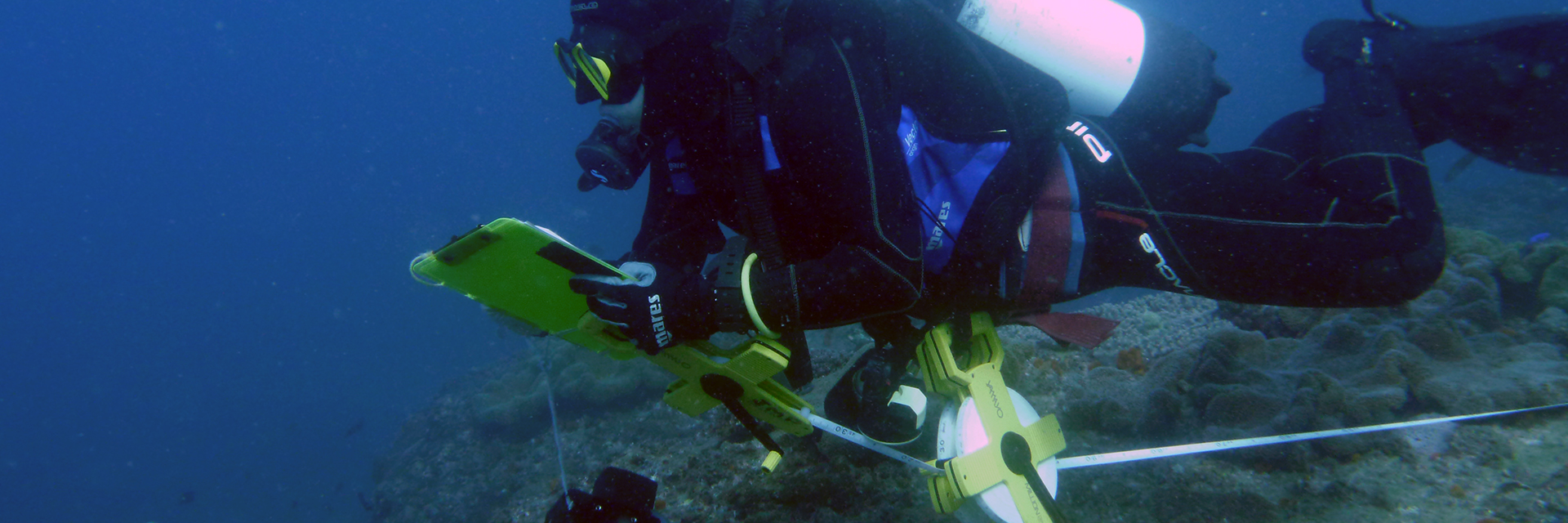The tropical corals of Western Australia may be heading south due to climate change.
The seaboard between Perth and Geraldton could end up with coral reefs as rich and varied as the celebrated reefs of Ningaloo, two marine scientists say in new research published in the international journal Global Change Biology.
Working from fossil evidence of what happened in WA under an earlier warm phase in the global climate 125,000 years ago, Professor John Pandolfi of the ARC Centre of Excellence for Coral Reef Studies and Professor Benjamin Greenstein of Cornell College, USA, conclude tropical corals could soon be headed south once more to escape warming oceans.
“Back then there used to be rich coral reefs dotted all along the WA coastline, from south of Perth to north of Dampier,” Prof. Pandolfi says. “When the seas cooled with the onset of the most recent ice age, many of the corals contracted north.
“The result is that today there are two distinct coral communities – the rich and beautiful one capable of reef growth we know from places like Ningaloo and a far simpler community with fewer species, scattered on rocky outcrops in the cooler waters of the south.”
With oceans warming again due to greenhouse, the researchers say, the rich, diverse northern corals are likely to spread south again, travelling on the Leeuwin current, in search of places to survive global warming and avoid impacts such as bleaching and coral disease which occur when tropical waters warm too much for them to tolerate.
“For example the genus Acropora – which forms the classic plate and branching corals – was not known to occur in southern waters until a specimen was found at Rottnest Island, off Perth, in 1993. From the fossil evidence, we feel there is a strong likelihood Acropora will continue showing up south of the Houtman-Abrolhos Islands as the climate warms again,” Professor Pandolfi says.
The researchers surveyed fossilised Late Pleistocene reefs from around 125,000 years ago – in the warm phase between two ice ages – at five localities along the WA coast and compared the results with coral occurrence data for the modern reefs offshore of each locality.
“We found that modern reef coral communities show a pronounced gradient in coral composition all along the WA coast, while the gradient in community composition is not as strong for Pleistocene communities.
“Essentially this means today’s corals become less diverse the further south along the WA coast you go. They were much more diverse back then than they are today. It is possible this could occur again under global warming.”
Modern coral reef development offshore from Geraldton all the way to Cape Leeuwin is patchy, with large areas of shallow water along the shelf supporting sporadic reef development. Hence there is plenty of submerged habitat available for colonization should tropical corals expand their ranges to the south, they say.
“So it becomes particularly important to look after and manage these potential new reef habitats, to be sure there are places where our tropical corals can take refuge from climate change,” Prof. Pandolfi says.
“This is particularly important in the case of Western Australia, which has these suitable shallow habitats for tropical corals to settle in – whereas south of the Great Barrier Reef there are very few suitable areas if the corals want to move south. The water is mostly too deep.”
However the researchers are cautious about other impacts of global change which could affect the ability of corals to colonise new areas: “We cannot predict how the interplay of light, carbonate saturation state, pollution, disease, ocean acidification due to rising CO2levels, and associated habitat loss or availability will affect the ability of reef corals to expand their latitudinal ranges over the next century or longer,” they say.
More information:
Professor John Pandolfi, ARC CoECRS and University of Queensland, ph 0400 982 301 or 07 3365 3050
j.pandolfi@uq.edu.au
Jenny Lappin, CoECRS, +61 (0)417 741 638, Jennifer.Lappin@jcu.edu.au
Jan King, UQ Communications Manager, 07 3365 1120
